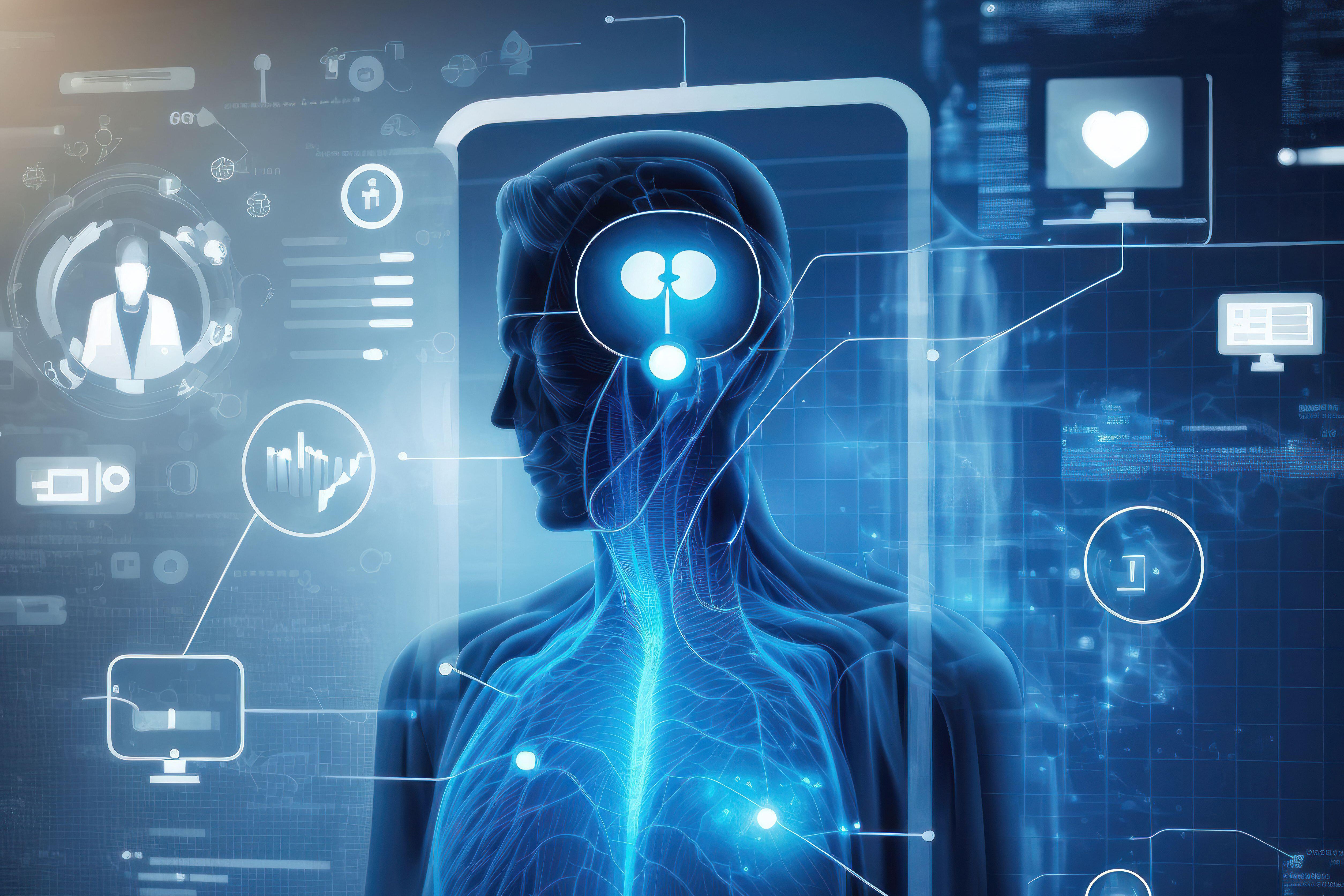
AI-Powered Algorithms Revolutionize Medical Diagnosis AccuracyAI-Powered Algorithms Revolutionize Medical Diagnosis Accuracy Artificial intelligence (AI) is rapidly transforming the healthcare industry, with AI-powered algorithms playing a pivotal role in enhancing the accuracy of medical diagnoses. By harnessing the power of vast data sets and sophisticated machine learning techniques, these algorithms are enabling healthcare professionals to identify and treat diseases with unprecedented precision. Early Disease Detection and Identification: AI algorithms can analyze large amounts of patient data, including medical records, imaging scans, and genetic information. This allows them to detect subtle patterns and anomalies that may indicate early signs of disease. For example, AI-powered algorithms have been developed to identify early-stage Alzheimer’s disease and breast cancer with high accuracy, significantly improving the chances of timely intervention and treatment. Differential Diagnosis and Precision Medicine: AI algorithms can assist healthcare professionals in making differential diagnoses by considering multiple possible conditions and identifying the most likely one. They can also help stratify patients based on their genetic and molecular profiles, enabling personalized treatment plans. This precision medicine approach allows for more targeted and effective therapies, maximizing treatment outcomes. Automated Image Analysis and Interpretation: AI algorithms can automate the analysis of medical images, such as X-rays, CT scans, and MRIs. They can detect abnormalities, quantify lesions, and even classify tumors with high accuracy. This automation frees up healthcare professionals’ time, allowing them to focus on more complex tasks and patient care. Improved Risk Assessment and Prediction: AI algorithms can predict the risk of developing certain diseases based on a patient’s medical history, lifestyle factors, and genetic information. This predictive aspect helps healthcare professionals identify high-risk individuals and implement preventive measures or early screening programs. For instance, AI algorithms have been used to predict the risk of cardiovascular disease and type 2 diabetes with high precision. Challenges and Considerations: While AI-powered algorithms offer tremendous promise, there are also challenges to consider. Data quality and accuracy are crucial for reliable diagnoses, and ensuring the algorithms are trained on diverse and inclusive data sets is essential to minimize bias. Additionally, transparent and explainable AI algorithms are needed to build trust and confidence among healthcare professionals and patients. Conclusion: AI-powered algorithms are revolutionizing medical diagnosis accuracy, enabling healthcare professionals to identify and treat diseases with greater precision and efficiency. As these algorithms continue to evolve and improve, they have the potential to transform healthcare delivery, leading to better patient outcomes and a more efficient healthcare system.
Posted inNews